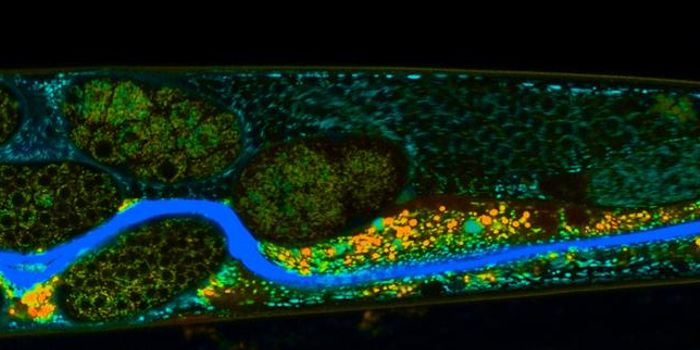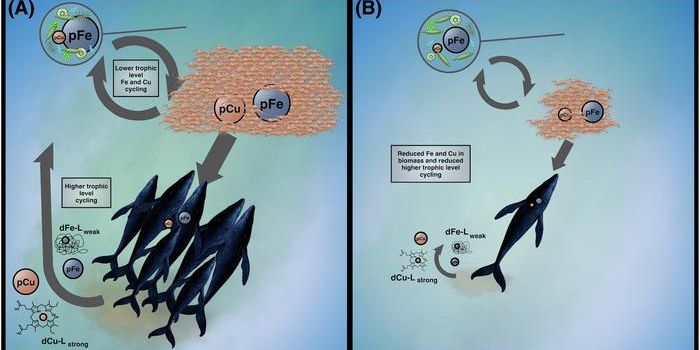The Common Roly Poly Isn't Actually an Insect
Most people assume that pill bugs, which are more colloquially referred to as ‘roly polies,’ are insects. But while you might find these little critters hanging out under rocks with other bugs, they aren’t insects. Rather, they’re crustaceans, and this means they’re more closely related to animals like crabs, lobsters, and shrimp. Also fascinating is the fact that they taste like the aforementioned animals if they’re cooked a certain way.
Biologists believe that a common ancestor may have crawled out of the ocean some 300 million years ago, and slowly over time, evolved to become the land-friendly pill bug we find on land today. In fact, a closer look at the underside of a pill bug with a microscope reveals that these tiny creepy crawlies sport air-adapted gills called pleopods, whereas traditional insects utilize an entirely different respiratory system.
If you’ve ever wondered why pill bugs hide underneath rocks and moist tree branches, this is why. These pleopods are adapted for survival on land, but they still necessitate moisture to work. The undersides of rocks and tree branches often trap moisture in the dirt below, making it possible for the pill bugs to breathe more easily.
Roly polies are renowned for their innate ability to curl up into a little gray ball, hence their nickname. As you might come to expect, doing so protects the critter inside of its touch outer shell, helping it to evade predators and ensure survival in a spat with another critter of similar size.
Unfortunately, we still know very little about pill bugs and their story. It’s hoped that continued research may shed more light on their history.
Related: These insects blend in with the leaves they cling to








